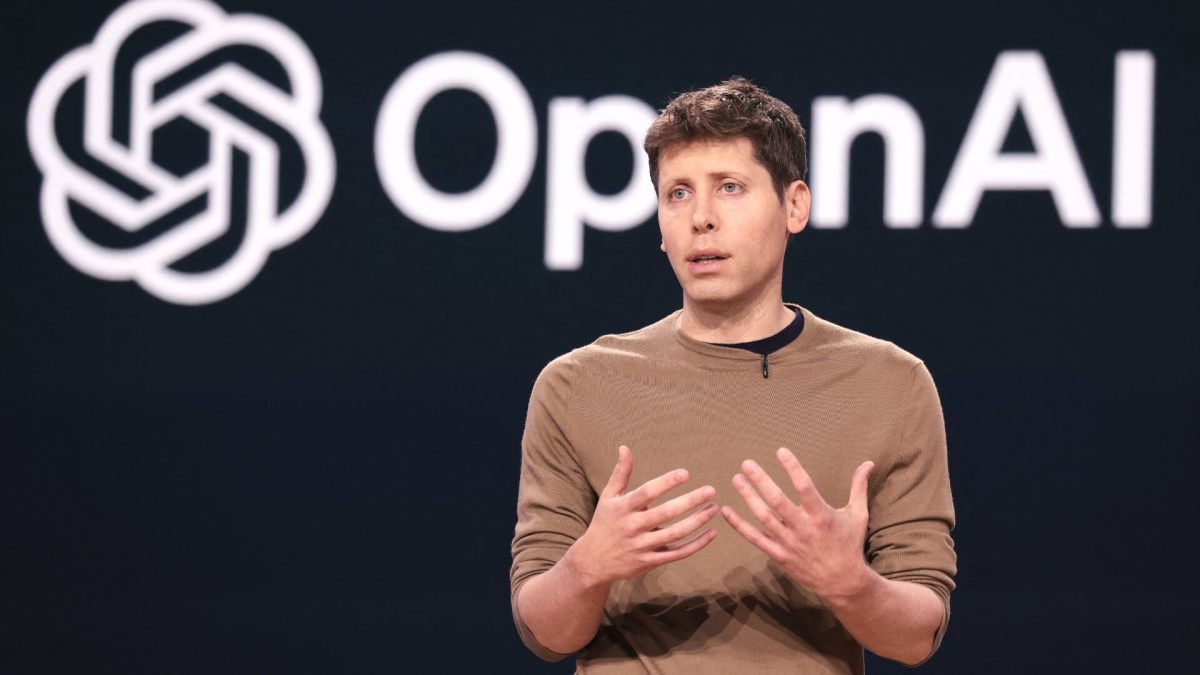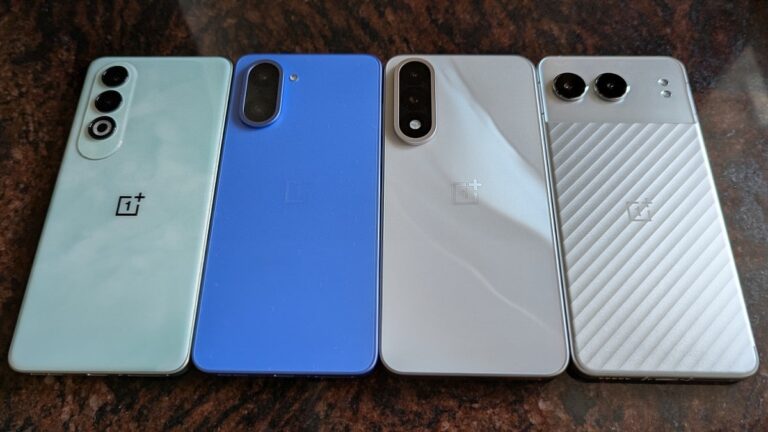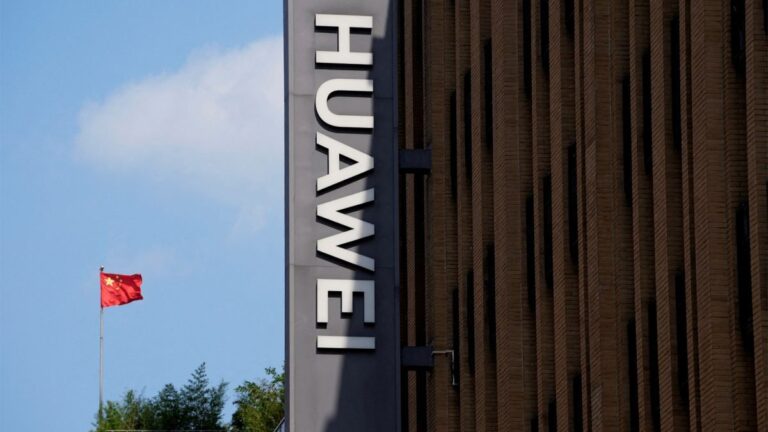The new browser, expected to launch in the coming weeks, will embed artificial intelligence into the core browsing experience and give OpenAI direct access to one of Google’s most lucrative assets: user data
read more
OpenAI is preparing to release its own web browser, aiming to disrupt a market long dominated by Alphabet’s Google Chrome.
Reuters, citing three people familiar with the matter, reported that the new browser, which is expected to launch in the coming weeks, will embed artificial intelligence into the core browsing experience and give OpenAI direct access to one of Google’s most lucrative assets: user data.
The initiative marks a strategic expansion by OpenAI beyond its ChatGPT chatbot, which boasts 500 million weekly active users, and could challenge a key component of Google’s advertising empire.
Chrome plays a key role in Alphabet’s ad business, providing data that helps the company target users with high precision and rerouting default search traffic to its own engine.
New interface, deeper integration
OpenAI’s upcoming browser is designed to maintain some user interactions within a ChatGPT-style native chat interface, reducing the need to click through to websites, two of the sources said. It represents a significant step in the company’s ambition to integrate AI more deeply into the daily digital routines of consumers.
The browser is expected to serve as a platform for OpenAI’s AI agents, including its product Operator, enabling them to perform tasks on behalf of users, such as booking appointments or filling out forms, directly within web pages. This capability could make it one of the first mainstream browsers to support autonomous AI agents interacting with the web in real time.
Stiff competition in a crowded field
OpenAI’s foray into browsers comes at a time when several AI-focused startups are exploring the same frontier. Perplexity launched its AI-powered Comet browser on Wednesday, promoting its ability to perform actions for users. Other firms, such as The Browser Company and Brave, have also introduced browsers that use AI to summarise content or automate certain tasks.
But Google’s Chrome browser remains the giant in the room, with more than 3 billion users and over two-thirds of the global market share, according to web analytics firm StatCounter. Apple’s Safari is a distant second at 16%. In comparison, OpenAI has reported 3 million paying business users for ChatGPT.
The OpenAI browser is built on Chromium, the open-source foundation behind Chrome and several other browsers, including Microsoft’s Edge and Opera, according to two of the sources. This approach provides compatibility with modern web standards while allowing OpenAI to customise the user experience.
The company’s ambitions may have been further bolstered by recent hires. Last year, OpenAI brought on two former Google vice presidents who had helped create Chrome. The Information first reported the hires and that OpenAI had considered launching a browser.
An OpenAI executive testified in April that the company might be interested in buying Chrome, should regulators force Alphabet to sell it. Google, however, has made no such offer and has said it plans to appeal a court ruling that it holds an unlawful monopoly in online search.
OpenAI ultimately decided to build a browser from the ground up, rather than operate as a “plug-in” on top of another company’s product. One source said this would give OpenAI more control over what user data it can collect and how its AI tools interact with browsing activity.
In May, OpenAI made a bold move into hardware by acquiring io, a startup founded by Apple’s former design chief Jony Ive, for $6.5 billion. The addition of a browser to its ecosystem suggests that OpenAI is positioning itself to rival not just Google in search and advertising, but potentially Apple in consumer devices and user experience.
With inputs from Reuters























